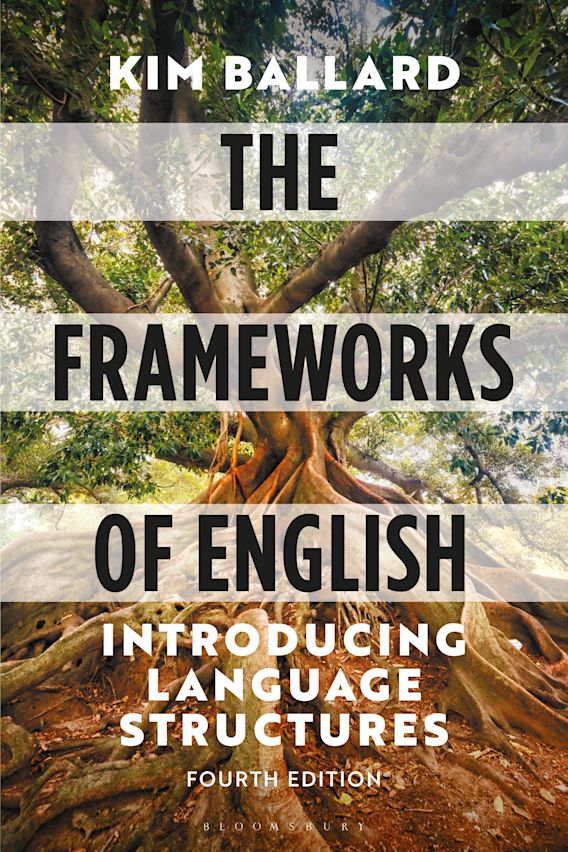



johndoe@gmail.com
Are you sure you want to reset the form?
Your mail has been sent successfully
Are you sure you want to remove the alert?
Your session is about to expire! You will be signed out in
Do you wish to stay signed in?
Question 1 (Consolidate)
For each of the following examples, identify the sentence type (declarative etc) and structure (simple etc):
| 1 | What a fantastic holiday we’ve had |
| 2 | If you insist on waiting, then you must sit quietly and be patient |
| 3 | Go upstairs and fetch my coat |
| 4 | When you get back, would you like some spaghetti bolognese |
| 5 | That horror film is the scariest I’ve ever seen |
| 6 | Listen |
| 7 | How happy she was after winning the lottery |
| 8 | That book was long but interesting |
| 9 | Did he make his decision or are we still waiting for it |
| 10 | Is your mother keen on cricket or football |
Answer
| 1 | exclamative, simple | |
| 2 | declarative, compound-complex | |
| 3 | imperative, compound | |
| 4 | interrogative, complex | |
| 5 | declarative, simple | |
| 6 | imperative, simple | |
| 7 | exclamative, complex | |
| 8 | declarative, simple | |
| 9 | interrogative, compound | |
| 10 | interrogative, simple |
Question 2 (Explore)
Coordinating conjunctions can join together both phrases and clauses, but only on a grammatically equal basis – for example, a noun phrase with a noun phrase. Similarly, in a compound sentence, a declarative would be coordinated with another declarative. However, are there any exceptions to this? In other words, could two different sentence types be coordinated?
Answer/discussion
Although this isn’t a frequent occurrence, it is possible to ‘mix’ sentence types in a compound sentence. For instance:
| You set off and I’ll be right behind you | imperative + declarative |
| I’m not having ice cream but would you like some | declarative + interrogative |
| It was my birthday last week and what a great birthday it was
| declarative + exclamative |
As the examples show, declaratives can be combined with the other sentence types, although these are probably more likely to occur in informal speech than in formal written contexts.
Question 3 (Explore)
We saw in Section 7.3, that some verbs in declarative sentences are performative (for example, I swear I will tell the truth) when they are in the first person and the present tense. In what ways do the following examples differ from this usual configuration? You may wish to comment on the kind of context in which the examples might occur.
| 1 | Be advised you can no longer use your travel pass before 10am |
| 2 | You are hereby notified that your tenancy expires on 31 December 2020 |
| 3 | Students are requested to submit their assignments by the end of term at the latest |
| 4 | Bookworm Books invite you to a special book event |
Answer/discussion
Examples 1, 2 and 3 all use the passive voice in either the second person (1 and 2) or the third person (3). The processes that are ‘performed’ through these examples involve the status of the addressee, not the speaker/writer, hence the use of the passive. Example 4 is in the active voice, although the third person is used in order to identify the agent. All four of these examples are more likely to occur in a formal (especially 1–3) written context.

.